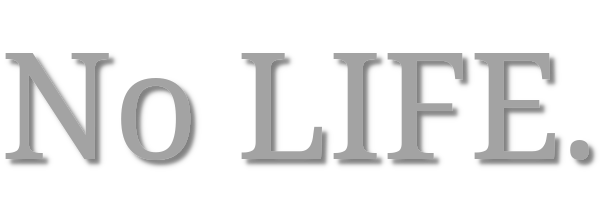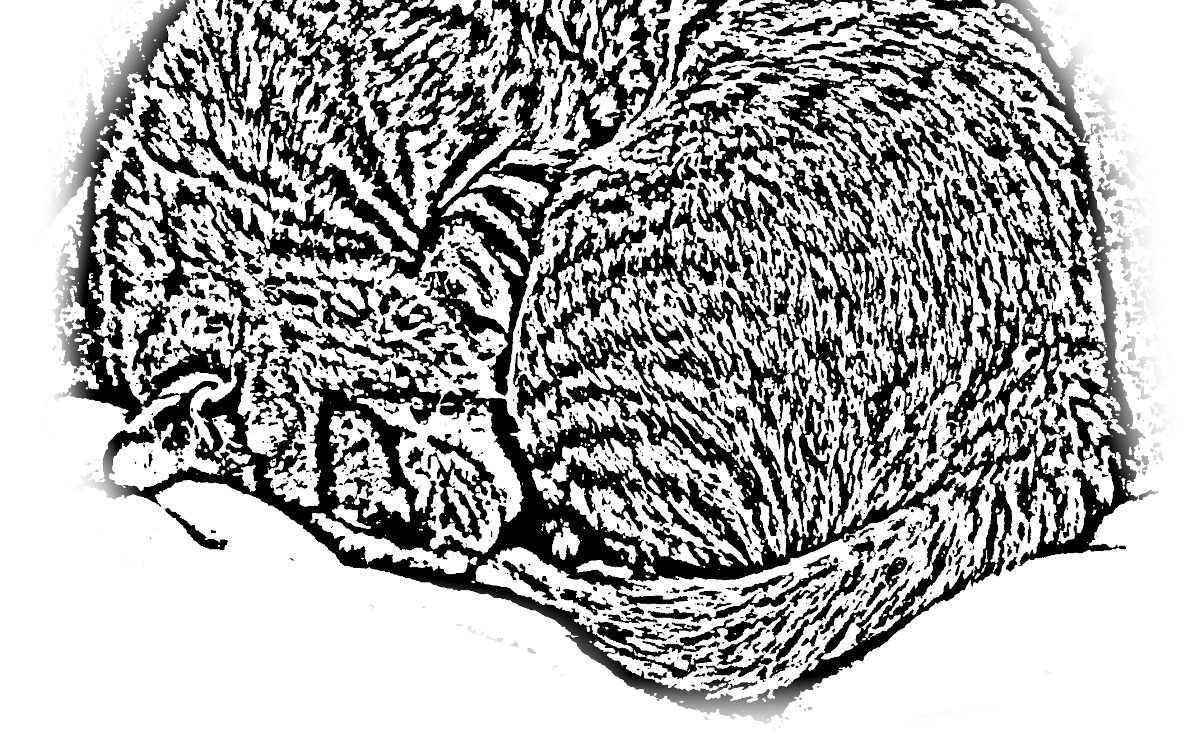No Meaning, No Life
Man’s Search for Meaning by Viktor Frankl
Introduction: The Why That Sustains Us
Hello, dear readers. Sophia Aria here, writing to you from my quiet corner in Abiko, Chiba, where the changing seasons often prompt a bout of philosophical reflection. Today, we turn the pages of a book that is less a novel and more a testament to the resilience of the human spirit: Viktor Frankl’s Man’s Search for Meaning.
This small volume, born from the unimaginable horrors of Nazi concentration camps, is not just a memoir; it is the foundational text for Logotherapy—a school of psychotherapy built on the premise that the primary driving force in human life is the discovery of meaning. It is an objective look at a reality so cruel it defies belief, yet it is also saturated with a deep, subjective well of hope. It asks us, with a stark honesty that can feel quite piercing, to consider our “why.”
Reading it compels me to gaze upon the quiet plum blossoms of spring with a renewed sense of reverence for life’s fragile beauty. The best literature, in my view, often mirrors the sharp, yet beautiful, contrasts of existence itself. And this book, with its harrowing accounts and its profoundly life-affirming message, certainly falls into that category.
Deep Dive Analysis: The Power of the Inner Citadel
The Unbearable Choice: Freedom in Constraint
The core of Frankl’s analysis—which is, in truth, a revelation—is the concept of existential freedom. He observed that even in the most extreme, dehumanising conditions, where every possession, every shred of identity, was stripped away, one final, crucial freedom remained: the freedom to choose one’s attitude.
“Everything can be taken from a man but one thing: the last of the human freedoms—to choose one’s attitude in any given set of circumstances, to choose one’s own way.”
This is the ultimate expression of No Meaning, No Life. Without a purpose—be it a book waiting to be finished, a loved one waiting to be reunited with, or simply the moral imperative to be worthy of one’s suffering—the will to survive crumbled. It is a sobering thought, particularly in our affluent, modern society that often forgets the true value of hardship.
Frankl warned that the Existential Vacuum is not merely the absence of meaning, but the silent epidemic of spiritual apathy that haunts modern society.
Application of Philosophy in Daily Life: Beyond the Concentration Camp
Logotherapy for the Modern Soul
The philosophy gleaned from Frankl’s work is not confined to moments of historical crisis; it is profoundly applicable to the existential anxieties of the 21st century. We are, after all, a society often rich in comfort but impoverished in direction, frequently struggling with that sense of emptiness and meaninglessness.
Here is how Frankl’s insights can be applied to our busy, digital lives:
- Shift the Question: Stop asking, “What can I expect from life?” and start asking, “What does life expect from me?” This subtle shift turns you from a demanding recipient into a responsible participant.
- The Power of Imperative: Recognise your unique responsibility. Your current task, your relationships, your particular talent—these are the things that give life its imperative and save it from the tyranny of the meaningless.
- Embrace the Transience: Frankl noted that life’s transience is precisely what makes it meaningful. Every moment we live is stored forever in the past. It gently reminds us to revere the fleeting beauty of an autumn afternoon in Chiba.
A Broader Psychological Perspective: Modern Echoes
Finding Purpose in the Age of Self-Help
While Frankl’s work comes from a deeply philosophical and clinical background, its themes resonate strongly with modern positive psychology.
- Resilience and Post-Traumatic Growth: Frankl’s experience perfectly illustrates the concept of Post-Traumatic Growth (PTG). Adversity, while terrible, can force a profound re-evaluation of life, leading to greater wisdom and appreciation.
- The Antidote to Nihilism: In a world where nihilism and cynicism are easily adopted, Frankl provides a rigorous, painful, yet ultimately hopeful counter-argument. He argues that suffering is an inevitable part of existence, but that our response to it can imbue our lives with profound significance.
In essence, the bridge between Frankl’s philosophy and modern psychology lies in their shared conviction: that suffering can become a catalyst for meaning.
Final Reflection: A Quiet Call to Action
Man’s Search for Meaning is not an easy book to read, nor should it be. It demands your full attention and your deepest contemplation. Yet, it is one of the most essential volumes on the shelf of self-discovery.
It quietly instructs us that even when all seems lost, we retain the power to say “yes” to life, to shoulder our responsibilities, and to find the unique meaning that is waiting to be fulfilled by us, and us alone.
This book is a fiery, yet tender, challenge to live a life worthy of the suffering that is inevitably woven into the human experience. It is the ultimate expression of No Meaning, No Life, and a fierce beacon of hope.
You may also enjoy reading my reflection on Albert Camus’ The Myth of Sisyphus, another exploration of the human confrontation with meaninglessness.
Note: This section is a personal reflection.
@sophia
Masterpiece Collection
Related Articles
-
Masterpiece Collection: The Gravity of Truth – Inherit the Stars by James P. Hogan

No Discovery, No Life. Explore the lunar mystery of Inherit the Stars by James P. Hogan. Sophia Aria delves into this SF classic to spark your intellectual curiosity.
-
No LIFE, No CAT. mindfulness: Finding Peace in the Paradox: Mindfulness Woven by AI’s “Efficiency” and Human “Imperfection” 5th

AI & Human Mindfulness: Explore how AI’s efficiency and human imperfection can guide you towards a mindful, richer life. Learn practical tips for digital wellbeing and slow living.
-
Masterpiece Collection: The Blazing Manifesto for Selfhood – Also sprach Zarathustra by Friedrich Nietzsche

No Will, No Life: Sophia Aria delves into Nietzsche’s electrifying Also sprach Zarathustra, challenging readers to embrace the Will to Power and forge their own values. A compelling call for self-overcoming.






Leave a Reply